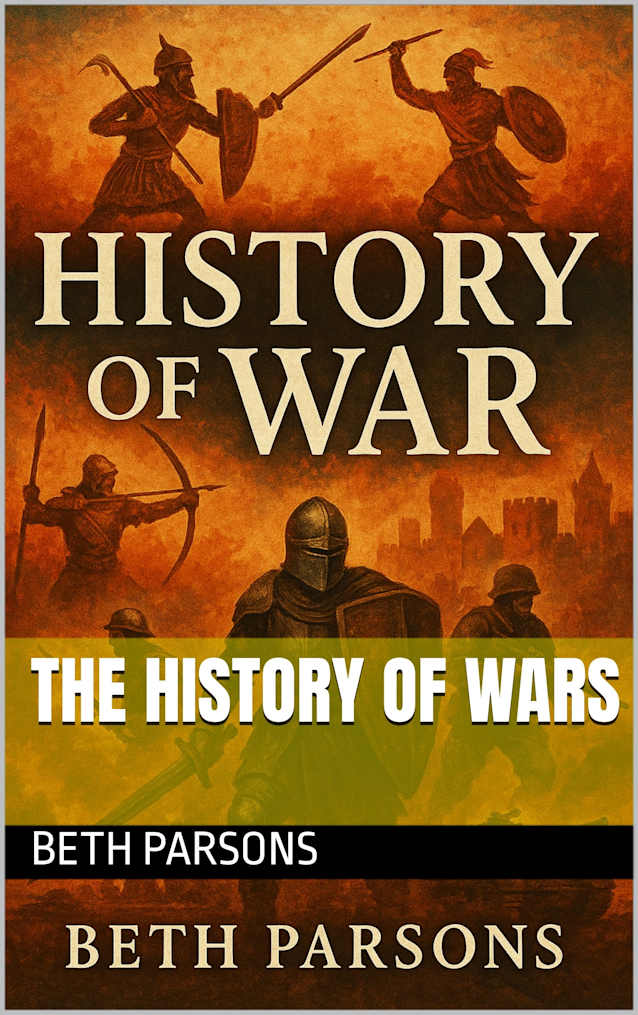The History of Wars
About
Warfare, in its myriad forms, has been an inescapable element of the human experience throughout recorded history. From small-scale skirmishes to large-scale global conflicts, the struggle for power, resources, and ideology has shaped civilizations and transformed societies. This book undertakes a comprehensive examination of this enduring phenomenon, traversing millennia of conflict and analyzing its multifaceted dimensions. We begin by defining warfare itself, acknowledging its evolution from ancient battles fought with rudimentary weapons to modern conflicts characterized by advanced technology and global interconnectedness. The scope of this study is vast, spanning from the earliest known organized conflicts in ancient Mesopotamia to the most recent engagements in the 21st century. It encompasses ancient civilizations, medieval kingdoms, the rise of nation-states, world wars, and the complexities of post-Cold War conflicts. The methodology employed involves a careful analysis of primary and secondary sources, striving for a balanced interpretation that transcends simplistic narratives. This approach is critical to understanding the multi-layered motivations, strategic decisions, and consequential impacts that characterize each conflict. The book explores recurring themes such as the interplay between technology and military strategy, the influence of political and economic factors, and the impact of warfare on societal structures. We will analyze how technological advancements, from the invention of gunpowder to the development of nuclear weapons, have revolutionized the nature of warfare, leading to both unprecedented destruction and strategic innovations. We will also explore the role of political ideologies, economic interests, and social dynamics in fueling conflicts and shaping their outcomes. The aim is to provide a nuanced understanding of warfare’s complexities, offering valuable lessons that transcend specific historical contexts. Ultimately, the book aims to contribute to a deeper understanding of the enduring nature of conflict, its profound impact on human societies, and the ongoing challenges of building a more peaceful world.
